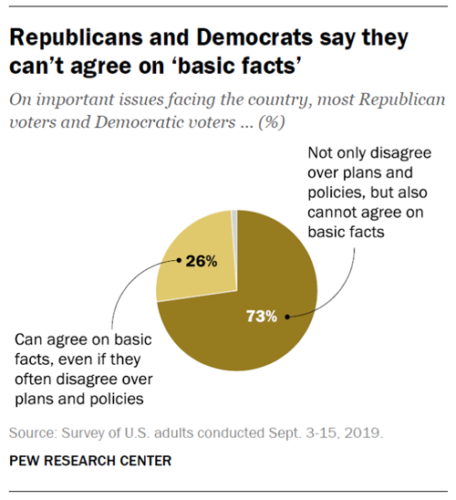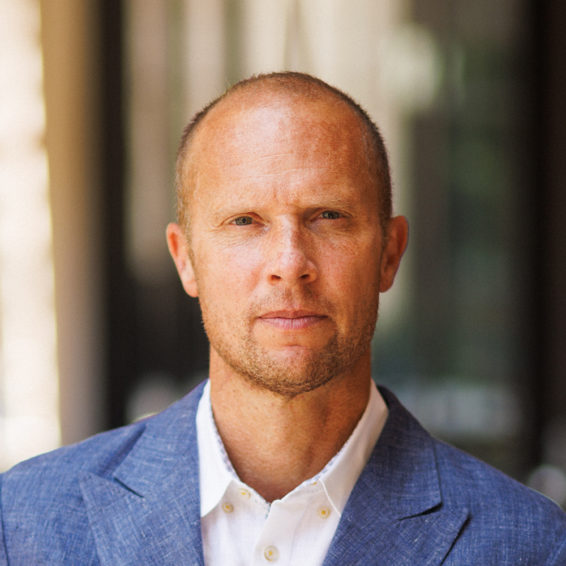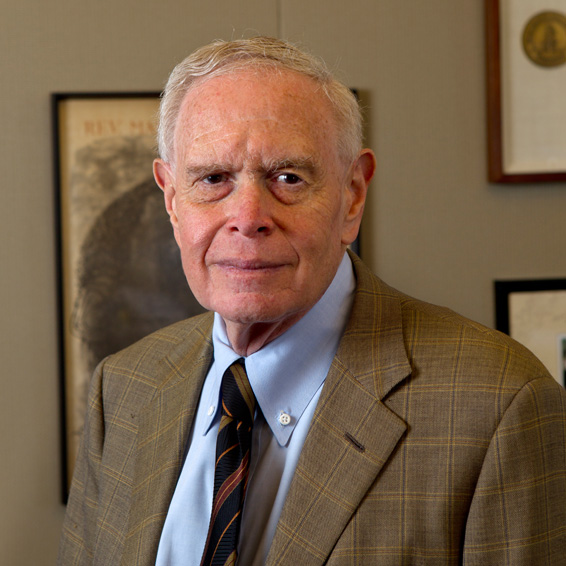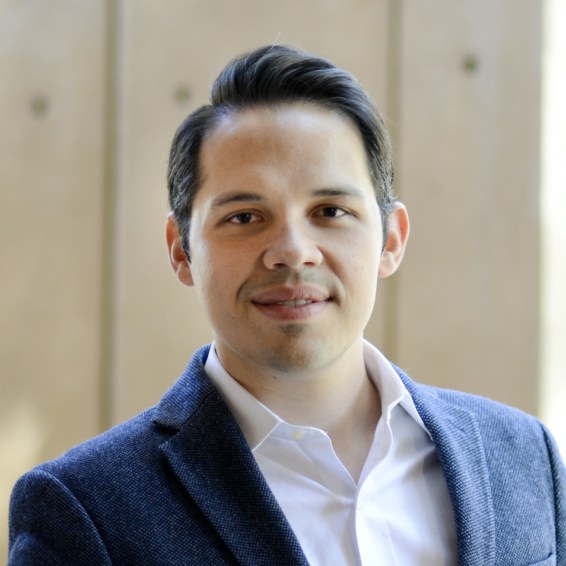ePluribus Project
Reducing Polarization and Promoting Productive Discussions Across Difference

Research on polarization confirms that in society, media, social media and politics we have become more sharply divided. Political gridlock, excessive partisanship, and extremism are all unwelcome consequences of polarization. In politics, for example, both liberals and conservatives have lost faith that the other side even sees the same underlying facts relevant to basic social problems.
Another consequence of polarization is that opportunities for open dialogue have deteriorated, reducing the quality and quantity of engagement across differences in experience, belief, and viewpoint. Thoughtful conversation shaped by active listening and engagement is increasingly rare – all too often replaced theatres of accusation, caricature, and hyperbole. This not only amplifies polarization, it causes people to retreat from the public sphere, prizing solidarity over the rigors of engagement. But research on groupthink shows that as we limit our engagement to those with whom we generally agree, the richness and perspective diversity brings to any decision is reduced. We lose one of the most important benefits of our pluralism.
In the practice of law, professional success demands sound judgment, wide perspective, and the ability to lead difficult conversations with people who have sharply divergent needs, beliefs, identities, and roles. These skills cannot be cultivated in the absence of thoughtful engagement with people and ideas different from our own.
In recent years a body of research has revealed [that] nonhomogenous teams are simply smarter. Working with people who are different from you may challenge your brain to overcome its stale ways of thinking and sharpen its performance. … In a study published in the Journal of Personality and Social Psychology … people were shown a video of a trial [and] then had to decide whether the defendant was guilty. It turned out that the diverse panels raised more facts related to the case than homogenous panels and made fewer factual errors while discussing available evidence.
ePluribus is a unique SLS initiative designed to foster this kind of engagement and to cultivate the habits, norms, and skills that make it possible. The program was piloted in the Spring of 2021 by faculty and students concerned about the effects of polarization on open dialogue and the legal profession. Members divided into two groups to meet with faculty and discuss readings on polarization, the skills for making discussion of difficult topics productive and engaging, and how to promote open dialogue in class, outside class, and in other aspects of our professional lives. Programming in 2021-22 will include the expansion of student reading groups, faculty-student skills meetings, alumni outreach, and featured guest speakers who have concrete experience working across difference.
The Project Mission
ePluribus is dedicated to pluralism and the rule of law, and to the idea that we become better lawyers and leaders in and through engagement with difference. We seek to cultivate the virtues of humility, curiosity, candor, empathy, courage, intellectual rigor, and service in a community constituted by difference in order to promote these virtues in society, government, and the practice of law. We believe in embodying these values inside and outside the classroom, in academic, social, and work settings.
Serious and Thoughtful Engagement
The group convenes twice a quarter or more, depending on demand, to develop skills for working across difference. Members also meet in pods to discuss paired readings, sometimes on alternative sides of a specific issue, sometimes by authors whose identities and worldviews are just different, sometimes by experts from a wide range of fields on the skills involved in conflict resolution, advocacy, diminishing groupthink, countering other forms of cognitive bias, facilitating difficult conversations, etc.
The Power of Two
Members are expected to propose a paired reading for their groups. Members also commit to inviting someone with whom they disagree on something fundamental and want to engage in further dialogue. Member sessions are led by Professor Norm Spaulding and Former Dean and Professor Emeritus (active) Paul Brest.
How to Apply
If you are interested in participating, please complete the online application by Friday, November 10, 2023, by 5 pm. If you have additional questions, please contact Susana Lee: slee@law.stanford.edu.



